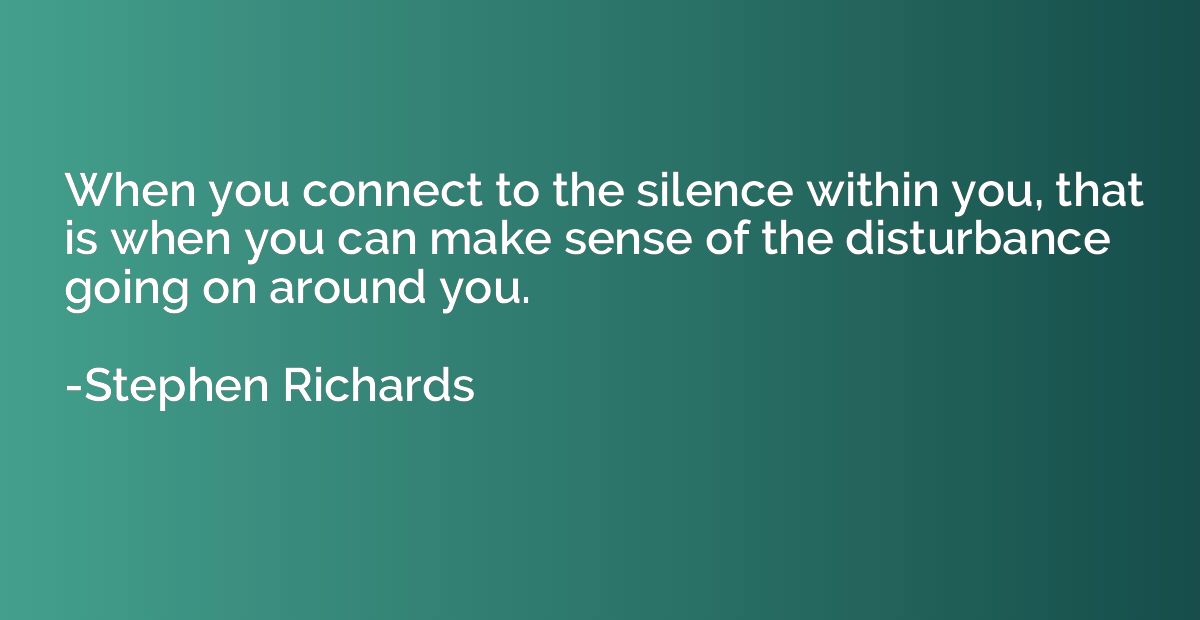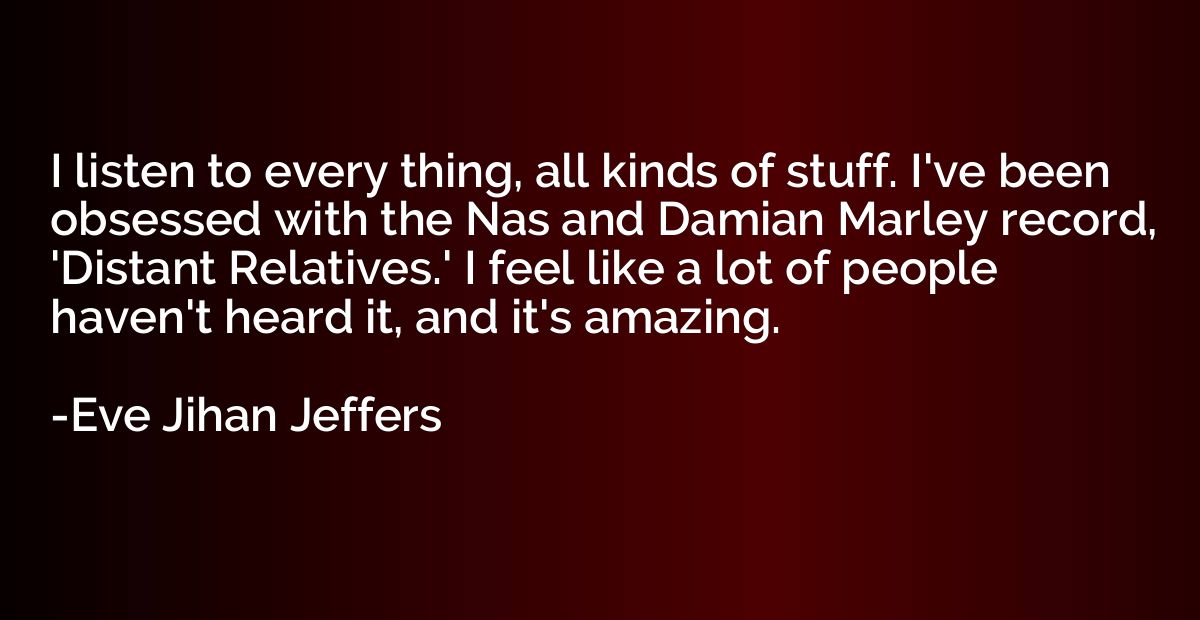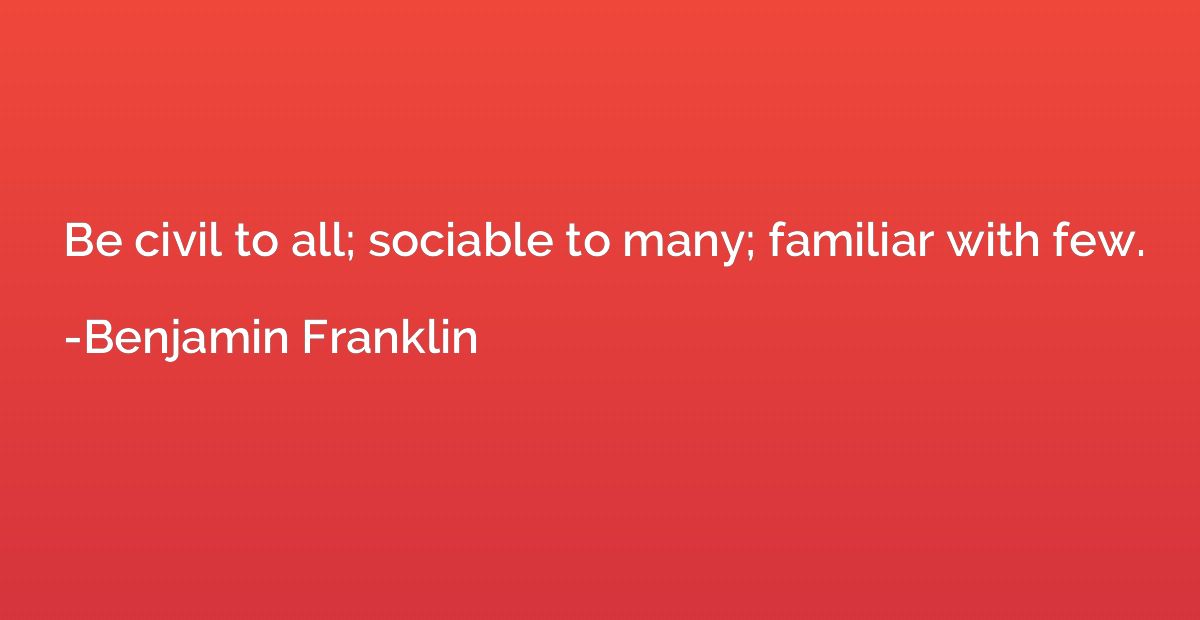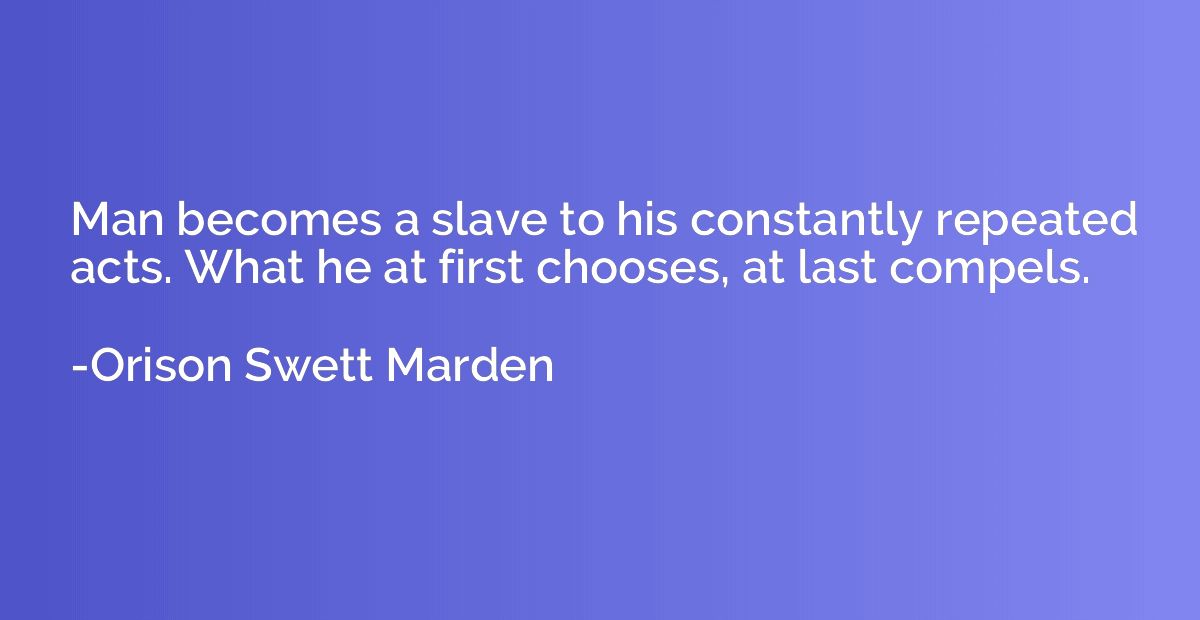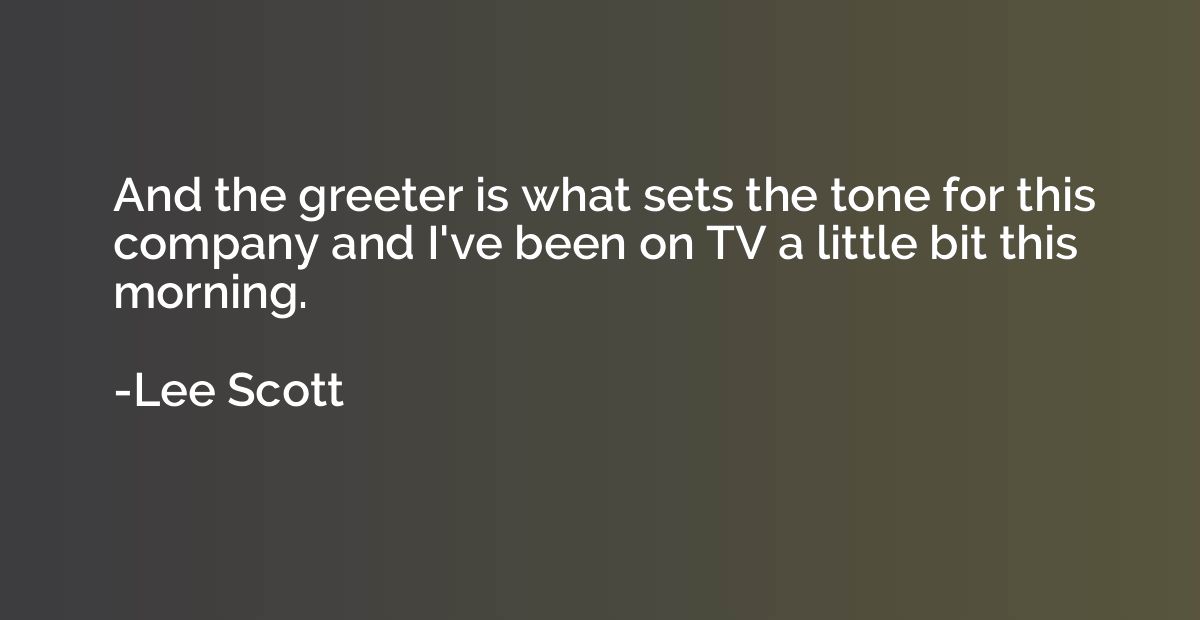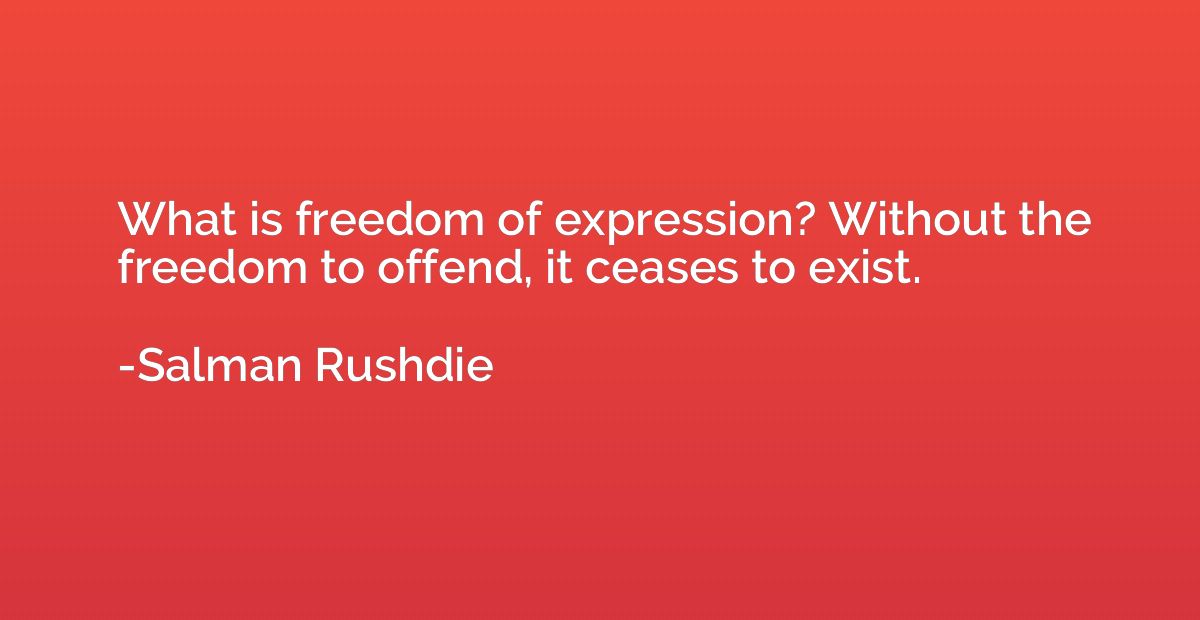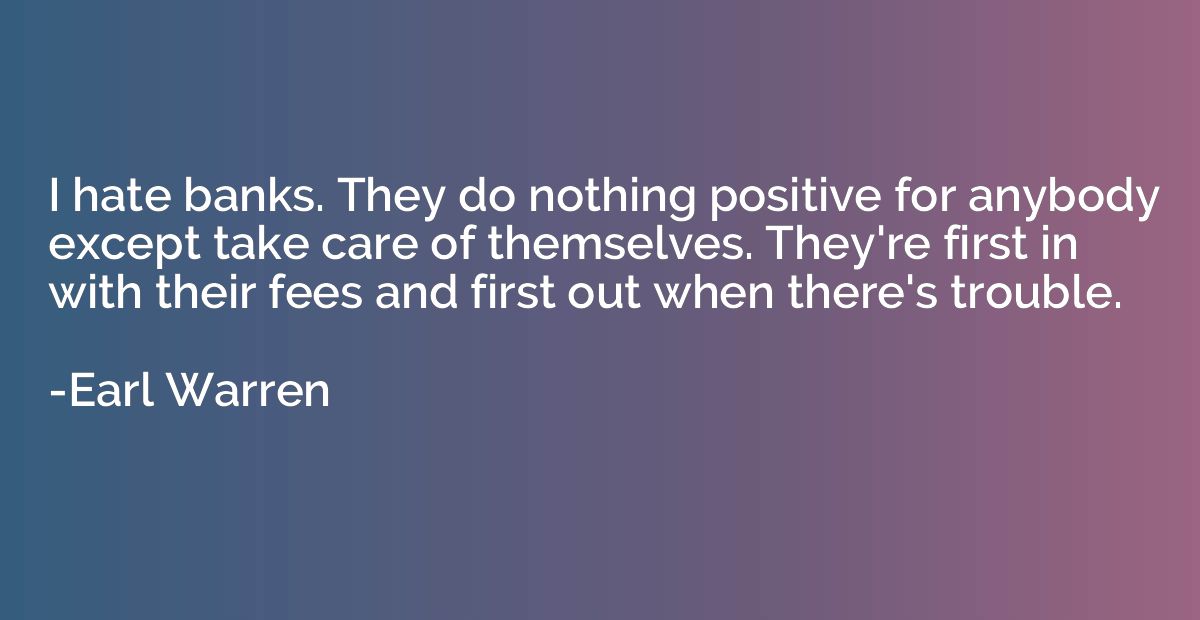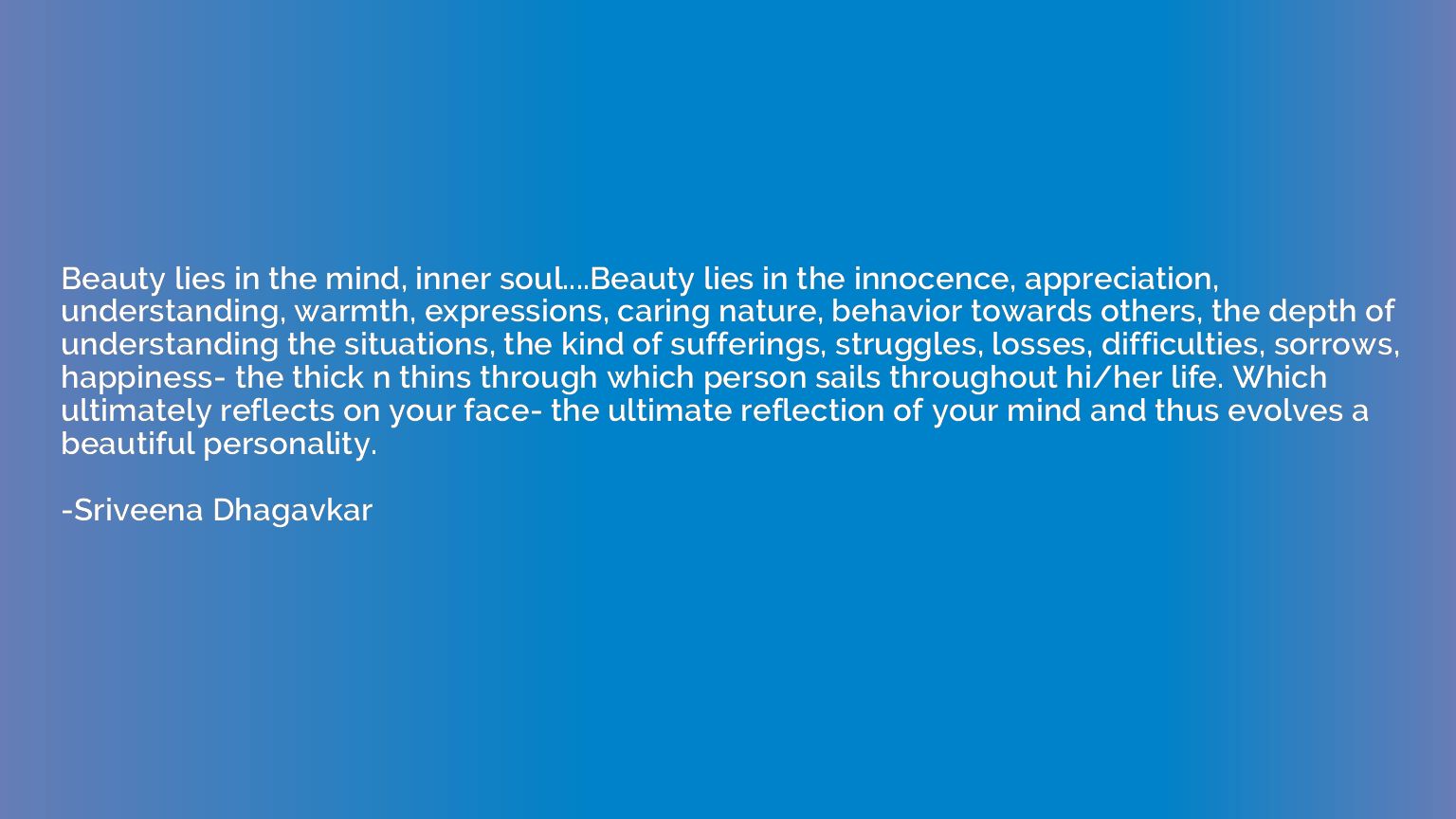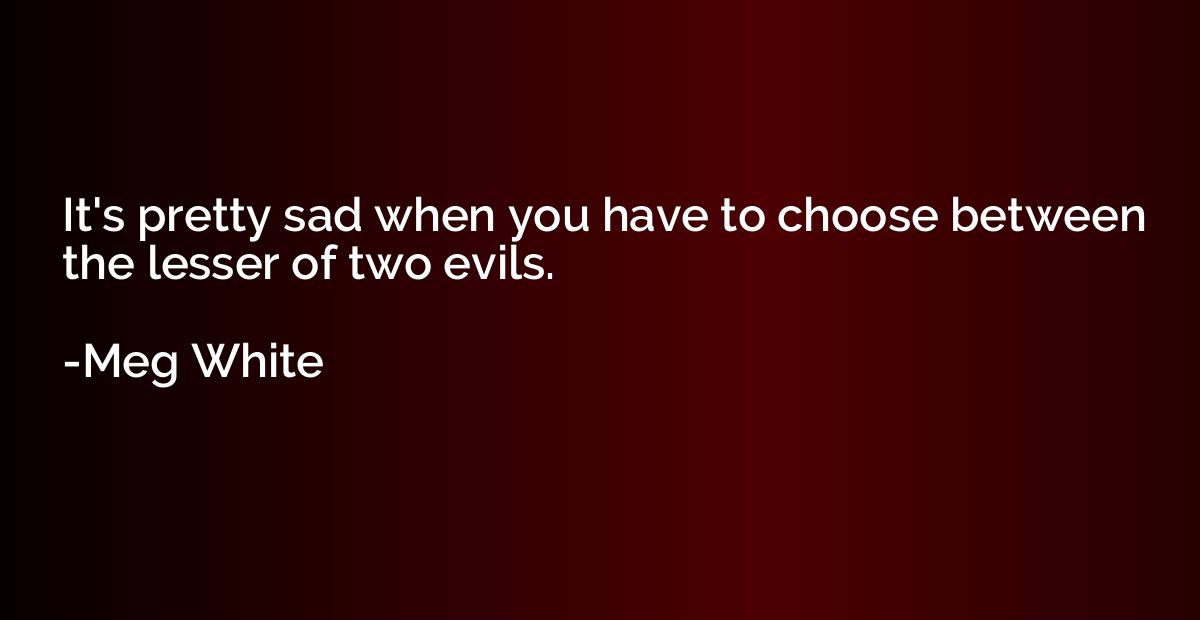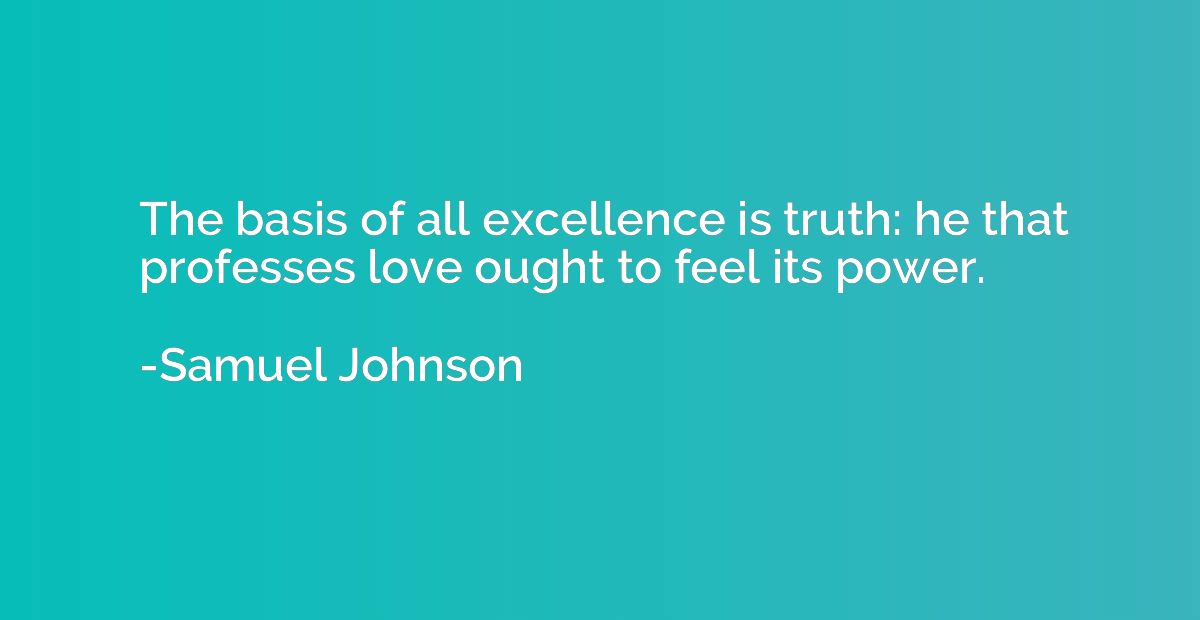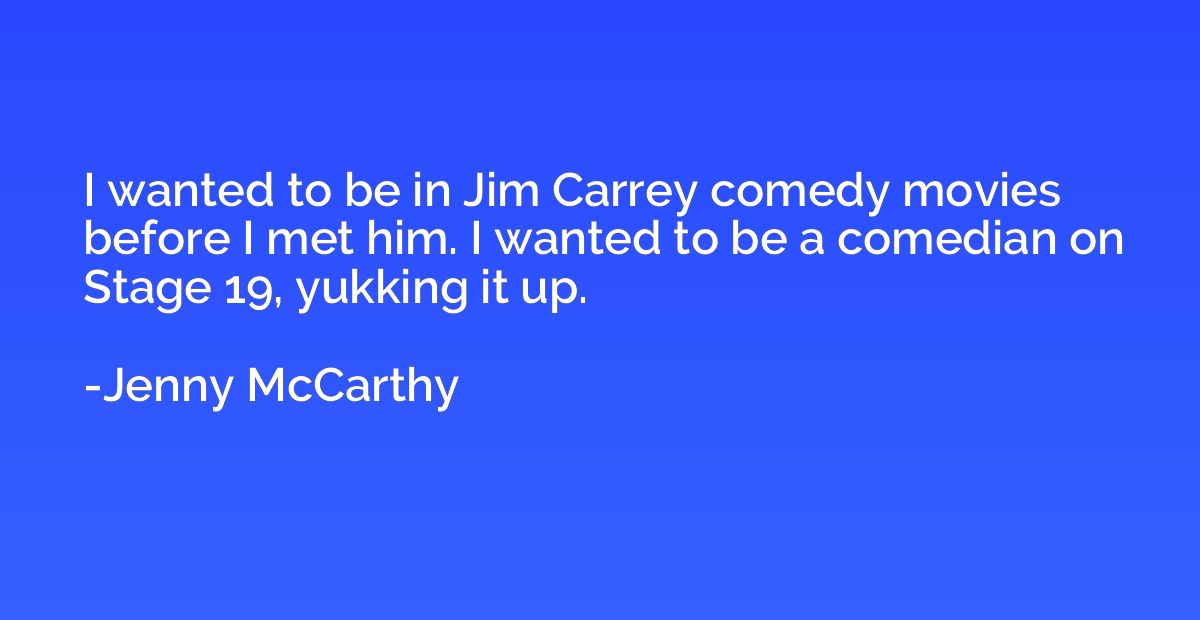Quote by Michael Lipsey
Gaining control of your thoughts is as easy as sitting by the ocean and controlling the waves.
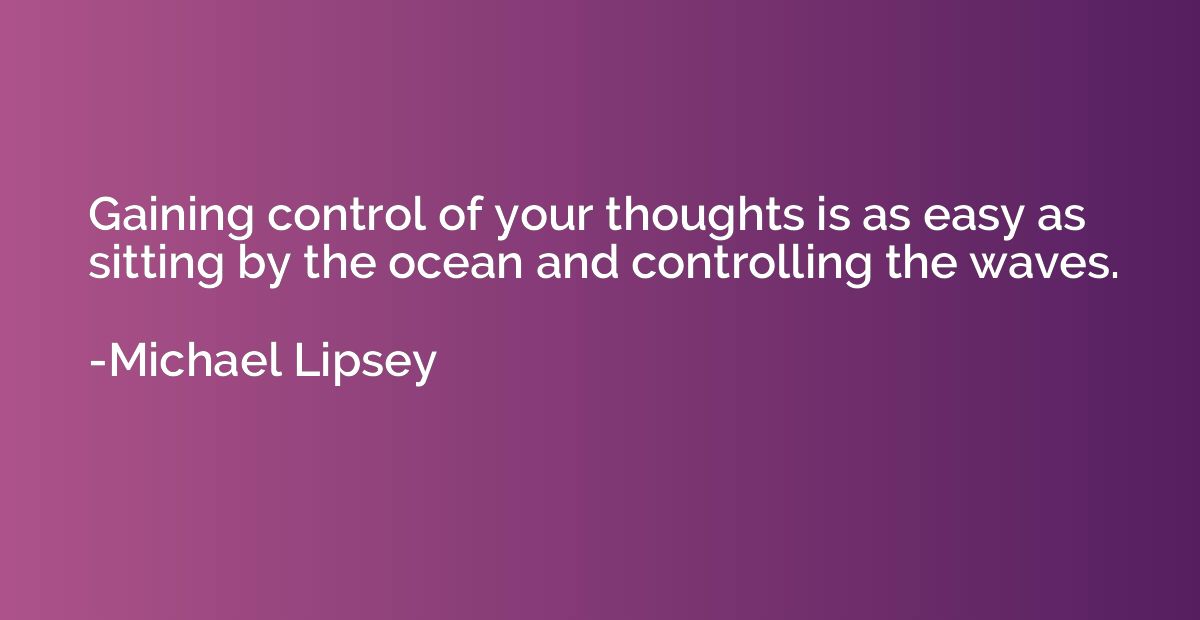
Summary
This quote suggests that gaining control over one's thoughts is not an easy task, emphasizing its difficulty with a metaphor. Just as it is impossible to control the waves of the ocean by simply sitting beside it, it implies that mastering our thoughts requires immense effort and discipline. The quote highlights that thoughts and their flow can often feel overwhelming and tumultuous, similar to the unpredictable nature of waves. Thus, gaining control over thoughts requires intentional and conscious practices, rather than being effortless.



